Tiny House vs Camper? Find Your Perfect Mobile Home
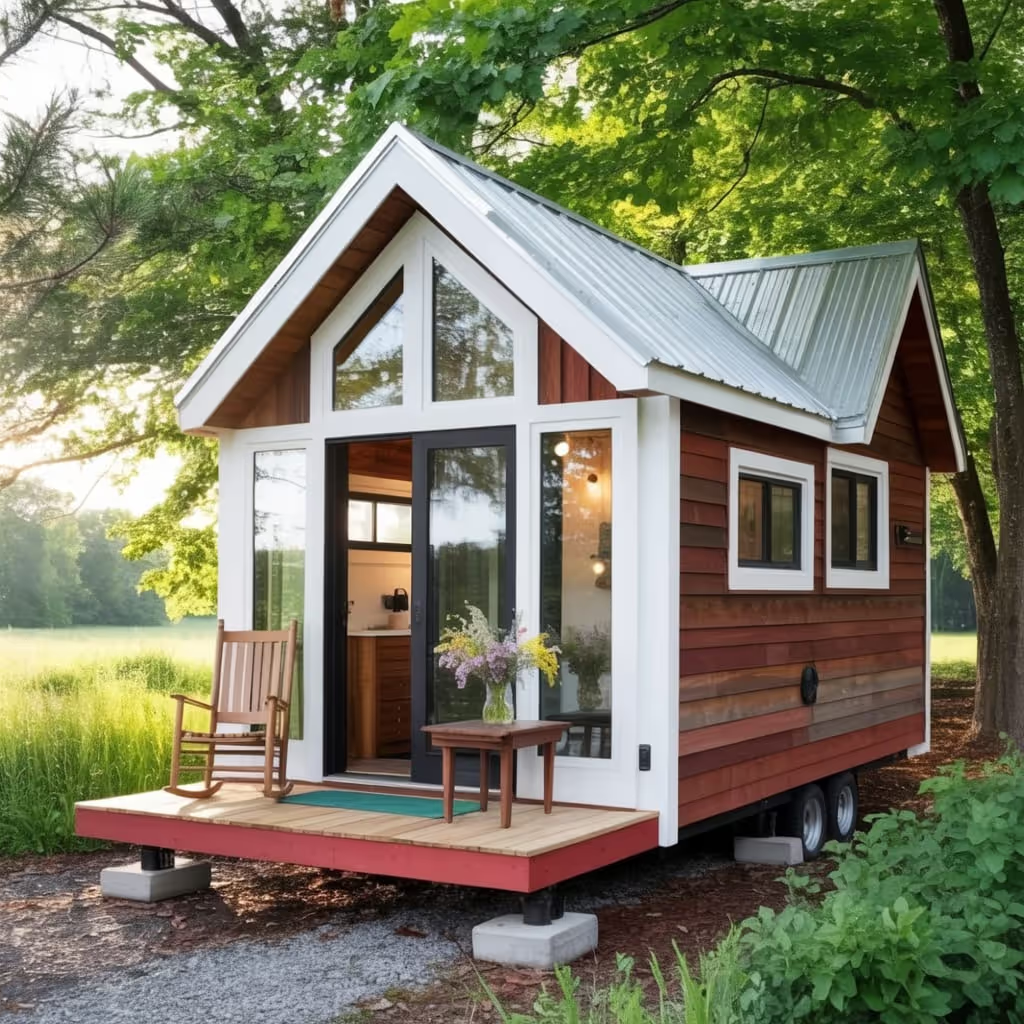
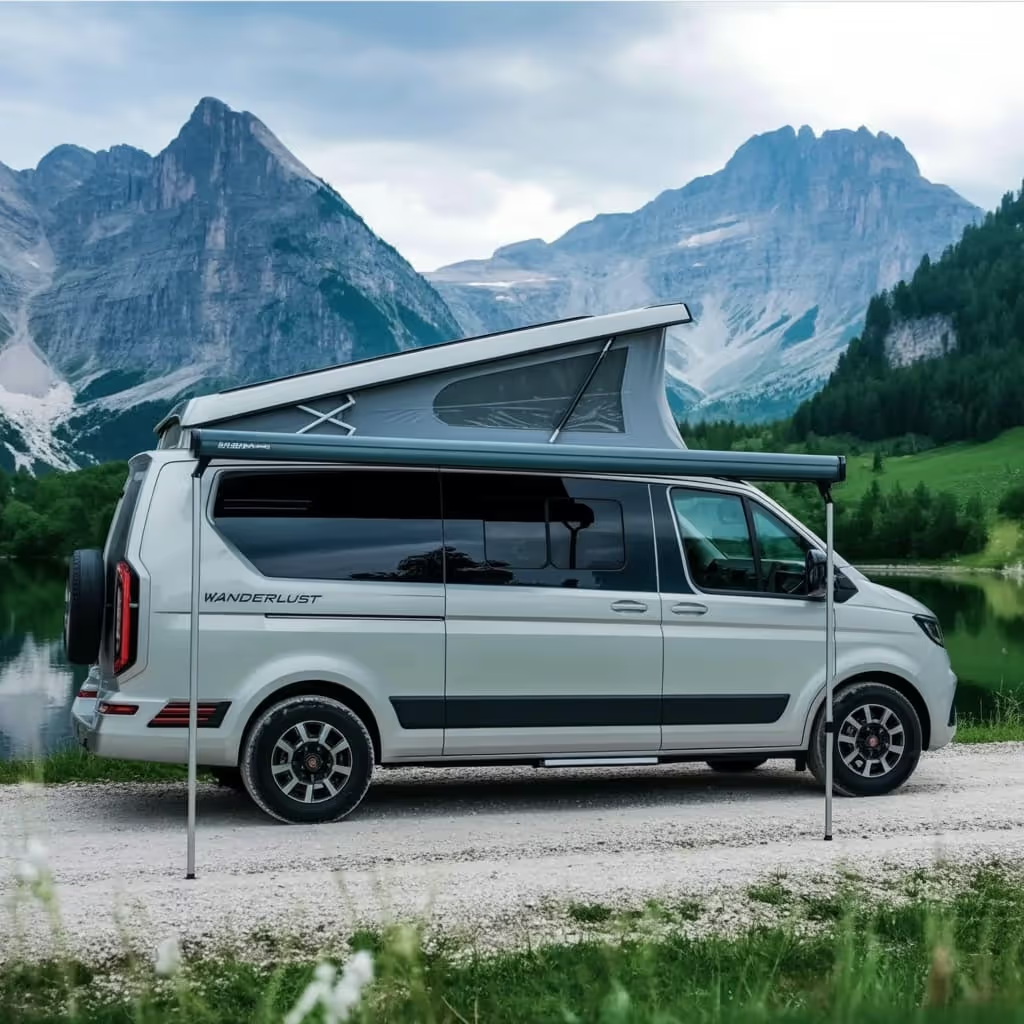
Quick Overview
Breaking It Down by Feature
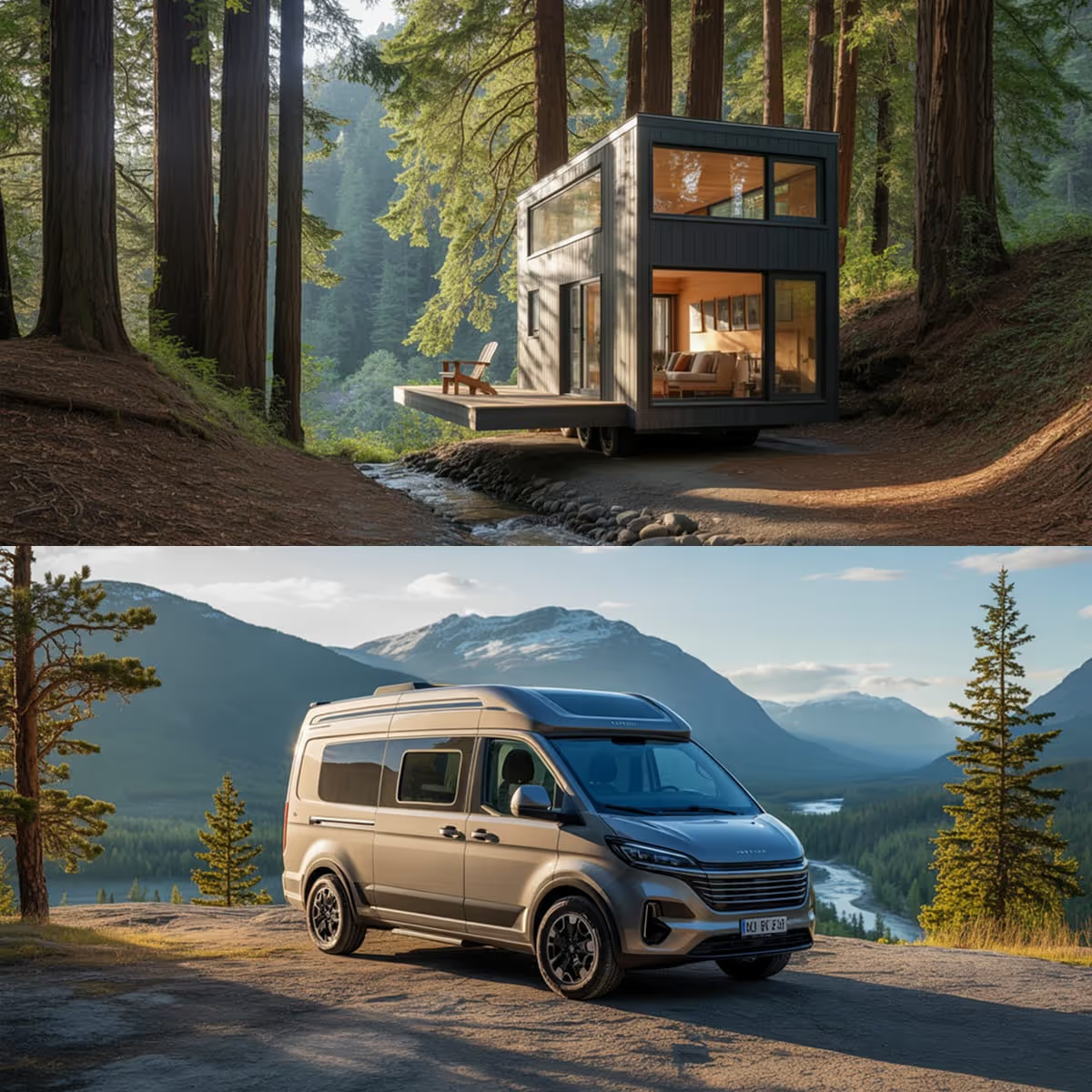
Setup & Portability
Tiny Houses usually require towing with a heavy-duty vehicle and may need permits, making relocation less frequent and setup more involved. Campers are specifically designed for easy hitching and frequent moves, allowing for quick setup at campgrounds or parking areas.
Build Materials & Weather Readiness
Typically built with standard home materials like timber, insulation, and roofing, Tiny Houses hold up well in diverse weather but may require winterization in extreme climates. Campers use lightweight, weather-resistant composites and aluminum, offering solid protection from the elements but sometimes less insulation against temperature swings.
Comfort, Insulation & Space
Tiny Houses provide residential-style insulation, full-height ceilings, and multi-room layouts, leading to greater comfort and more usable space for longer stays. Most Campers have limited headroom, compact interiors, and basic insulation, making them better suited for short trips or travelers who prioritize mobility over spaciousness.
Maintenance & Lifespan
Maintenance for Tiny Houses is similar to that of a small home, involving periodic roof checks, plumbing upkeep, and siding repairs, which can extend their lifespan significantly. Campers need regular inspection of seals, moving parts, and appliances, but road vibrations and weather exposure may shorten their overall service life.
Aesthetic Appeal
Tiny Houses offer high customization potential in both interior design and exterior finishes, allowing for a personalized appearance that often resembles a miniature home. Campers tend to have more standardized looks due to mass production, with fewer options for exterior changes and a focus on functional, efficient layouts.
Pricing & ROI
Tiny Houses generally come with a higher initial price tag and may appreciate in value if maintained well, offering a potentially strong long-term return on investment. Campers are less expensive upfront but tend to depreciate faster, with ROI depending largely on frequency of use and upkeep.
Frequenty Asked Questions
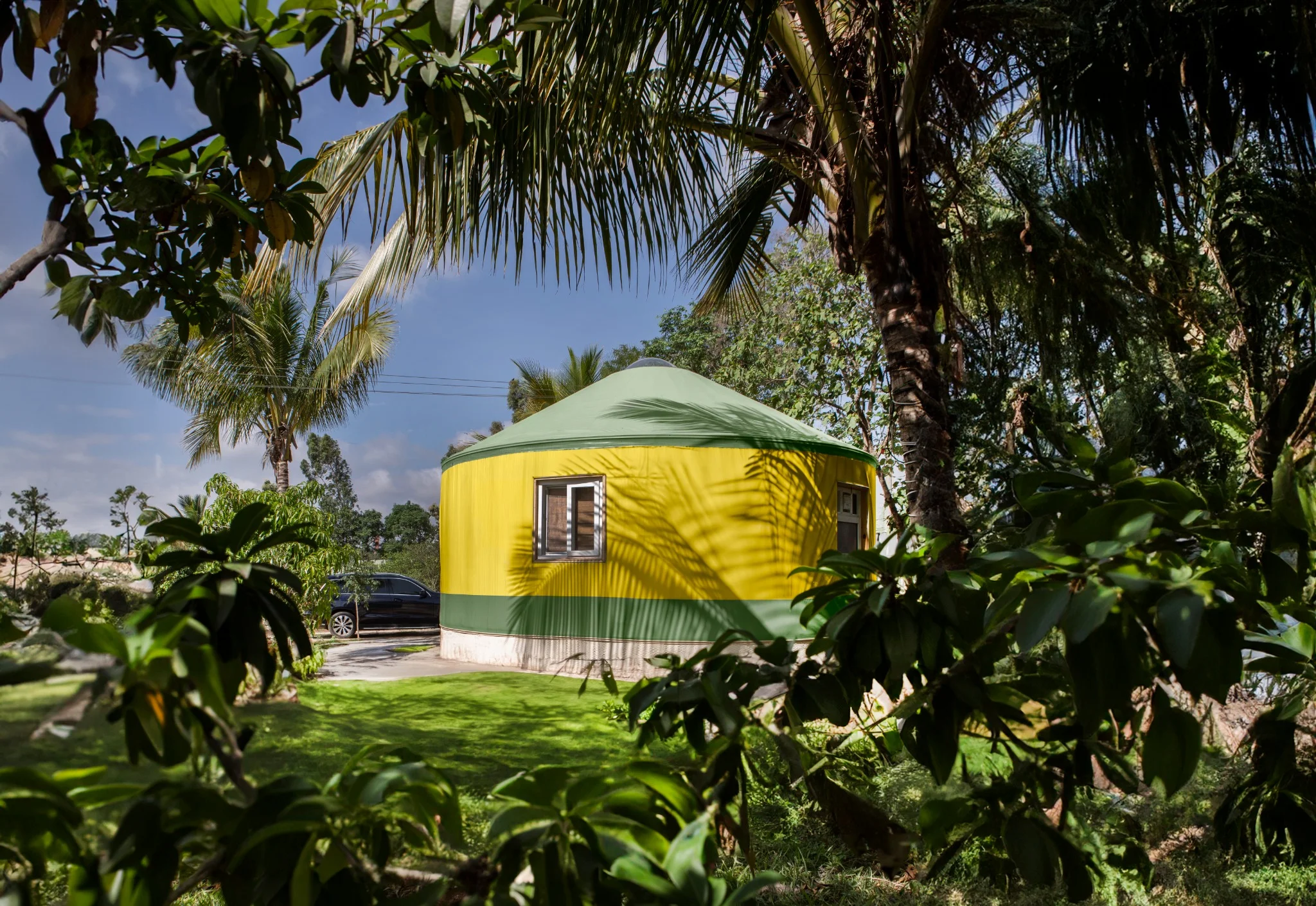
Which lasts longer, Tiny House or Camper?
Tiny houses generally last longer due to sturdier construction, while campers have shorter lifespans because of lighter materials.
Which is more comfortable for year-round use, Tiny House or Camper?
Tiny houses offer better insulation and space, making them more comfortable for year-round use than most campers.
Do Tiny House or Camper require a lot of maintenance?
Tiny houses offer better insulation and space, making them more comfortable for year-round use than most campers.
How well do yurts handle extreme weather compared to Tiny House or Camper?
Tiny houses offer better insulation and space, making them more comfortable for year-round use than most campers.
Do Tiny House and Camper need building permits?
Tiny houses offer better insulation and space, making them more comfortable for year-round use than most campers.


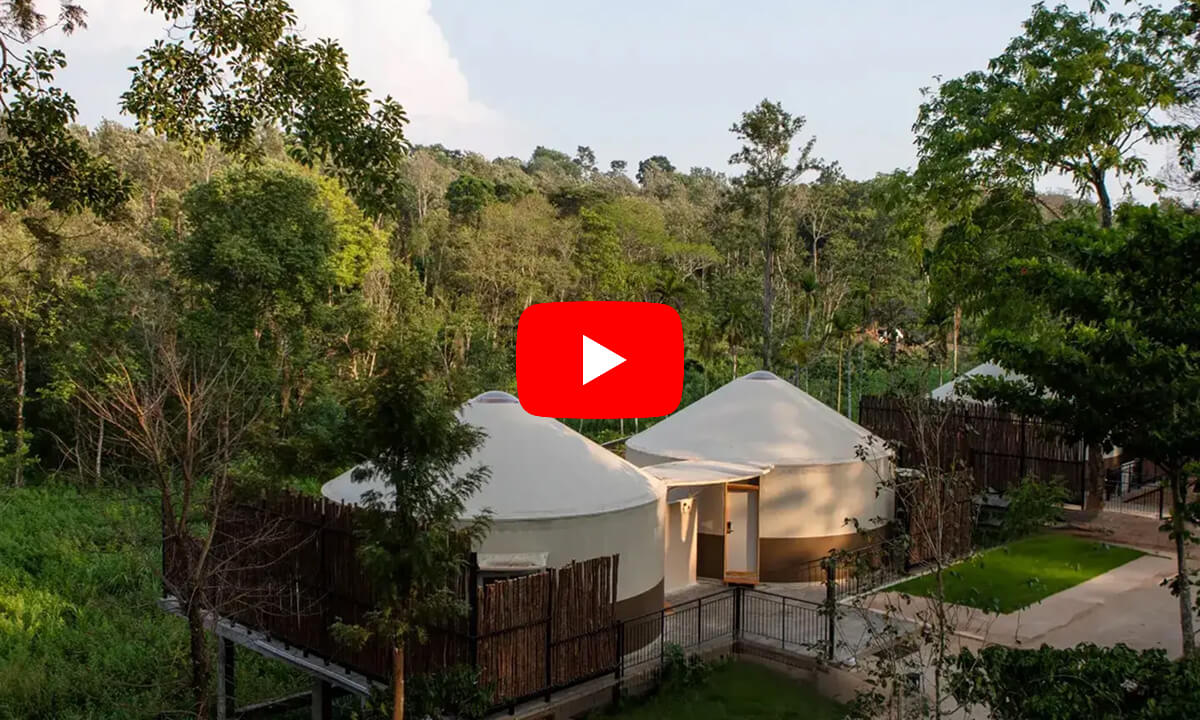

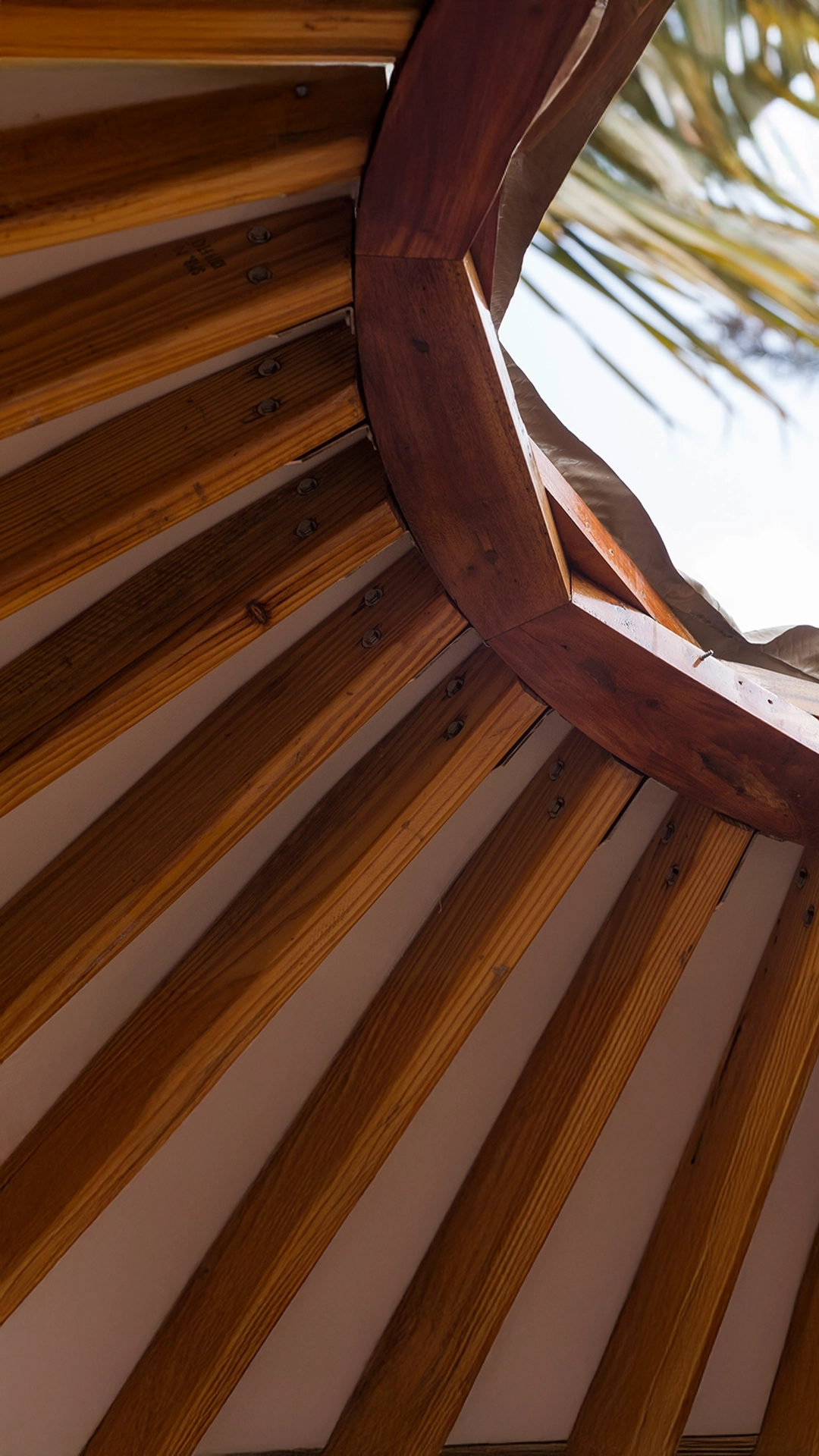
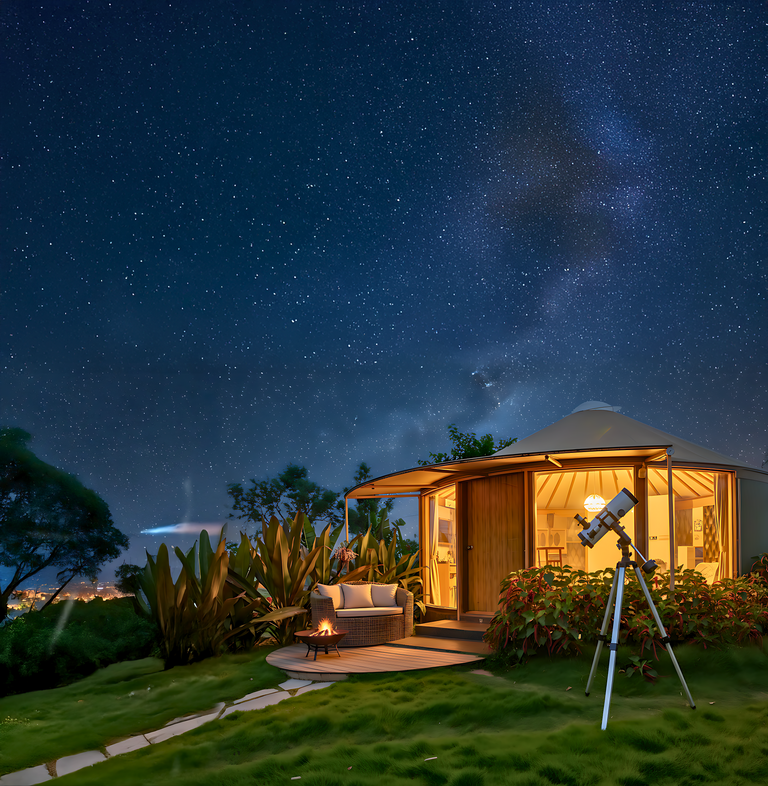
.png)

